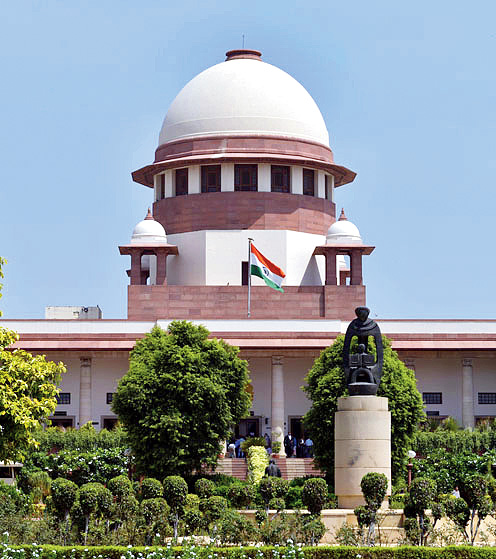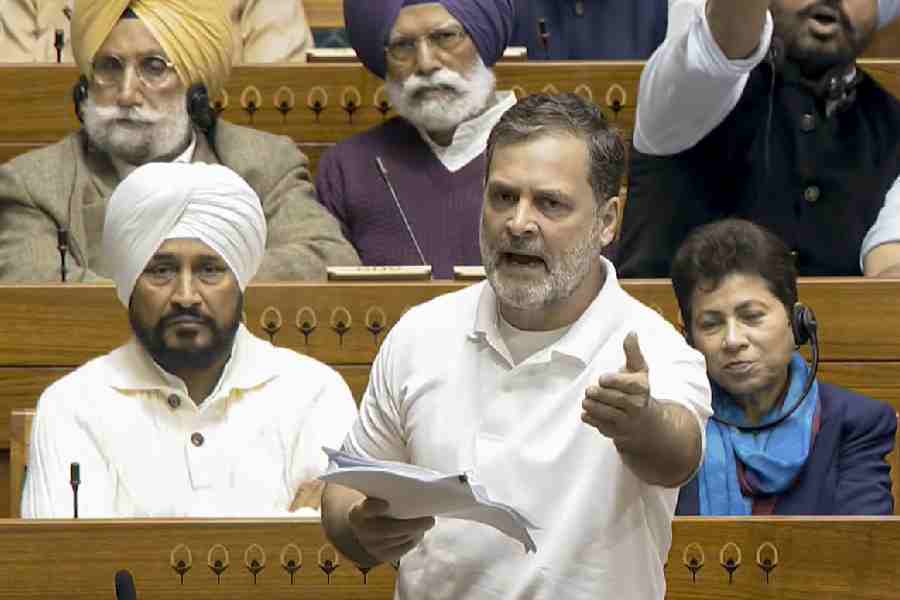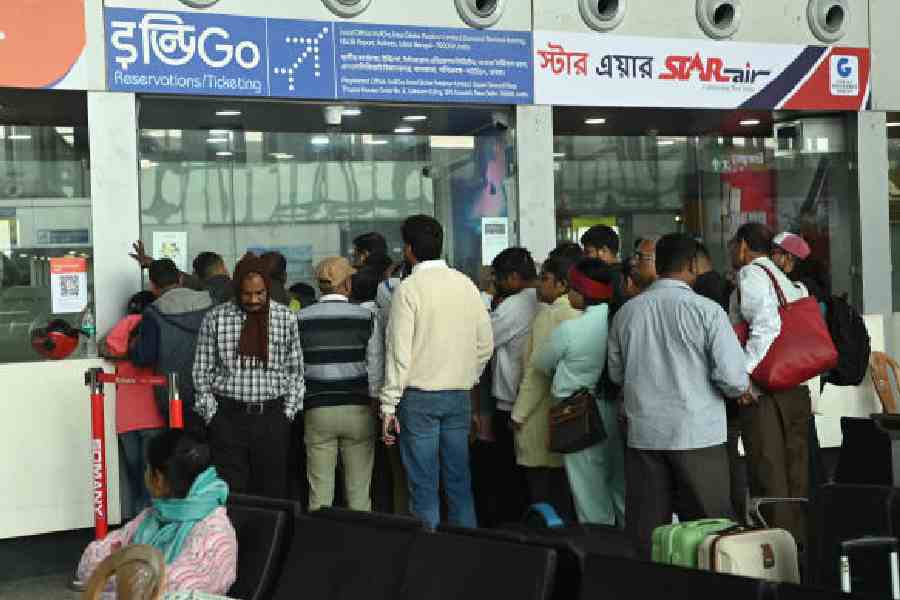The Supreme Court has ruled that the personal liberty of an individual “has to be subordinated within reasonable bounds” to the larger good of the society, upholding the preventive detention of two persons accused of smuggling gold.
The recent order came as the bench set aside a high court’s judgment quashing the detention orders against the two men under the Conservation of Foreign Exchange and Prevention of Smuggling Activities (Cofeposa) Act, 1974.
“(W)e are conscious that the Constitution and the Supreme Court are very zealous of upholding the personal liberty of an individual. But the liberty of an individual has to be subordinated within reasonable bounds to the good of the people,” Justices R. Banumathi and A.S. Bopanna said.
“Order of detention is clearly a preventive measure and devised to afford protection to the society. When the preventive detention is aimed to protect the safety and security of the nation, balance has to be struck between liberty of an individual and the needs of the society.”
The bench upheld an appeal the Union government had filed against a judgment Bombay High Court had passed on June 25, quashing the detention orders against the accused duo, Nisar Pallathukadavil Aliyar and Happy Arvindkumar Dhakad.
The high court had said the detaining authority — joint secretary, Cofeposa — had passed the detention order without proper application of mind.
It said the two men, who claimed the authorities had violated their fundamental right to life and personal liberty guaranteed under Article 21, had not been immediately served with copies of documents and material the detaining authority had relied upon.
The government defended the May 17 detention order in the case related to alleged smuggling of more than 3,300kg of gold.
Aliyar, it was alleged, was the mastermind of a syndicate involved in smuggling gold from the UAE, while Dhakad abetted the smuggling by receiving the gold and disposing it of through jewellery outlets run by him and his relatives.
The government said the detention order — served on May 18 — was aimed at preventing the two from smuggling and concealing gold.
The Supreme Court agreed with the government’s contention. Justice Banumathi, who authored the judgment, said Section 3(3) of the Cofeposa Act, stipulated a statutory period of five days to serve the grounds of detention and, in exceptional circumstances, not later than 15 days from the date of detention.
“Section 3(3) of the Cofeposa Act thus allows a leeway of five days at least for the grounds of detention and the documents relied upon in the grounds to be served on the detenues,” Justice Banumathi said. “…There is no statutory obligation on the part of the detaining authority to serve the relied upon documents on the very same day of the service of the order of detention.”
The bench noted that the detention orders in this case and the grounds for detention were served on the detenues on May 18 and the documents relied upon between May 20 and 22, that is within five days from the date of serving the detention orders.
“…There is no statutory obligation on the part of the detaining authority to serve the grounds of detention and relied upon documents on the very same day; more so, when there is nothing to show that the detaining authority was guilty of inaction or negligence,” the bench said.
“Consequently, the appeals preferred by the detenues shall stand dismissed,” it added.










